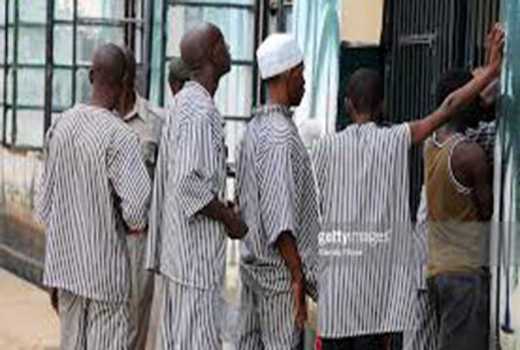×
The Standard e-Paper
Home To Bold Columnists

For Rehema Abdalla, the logic was simple enough. To save her sickly children,the witchdoctor said that she needed to eliminate the evil one in their midst; even if it happened to be her husband of 40 years.
In certain parts of Kenya, witchcraft controls almost all aspects of people’s lives. If, for instance, an illness or a tragedy happens, and it cannot be medically or rationally explained, fingers are pointed at witchcraft.